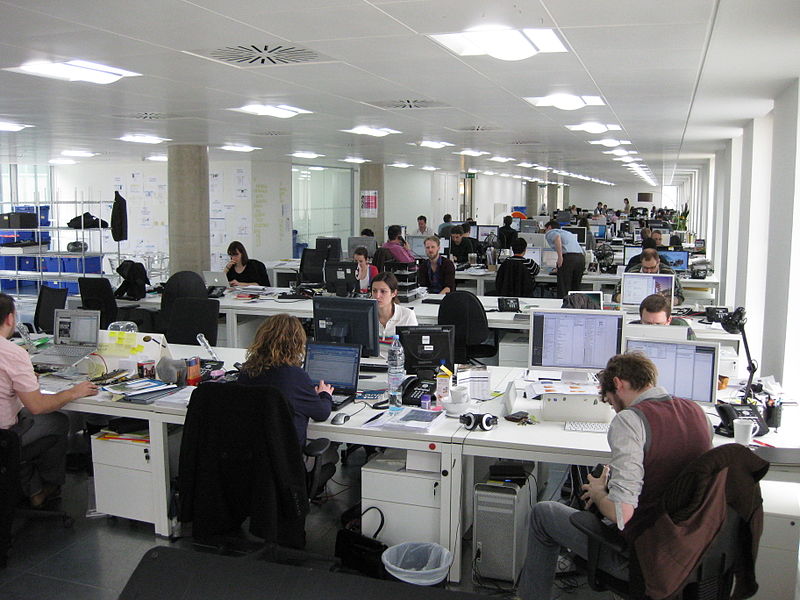
Reforms aimed at improving occupational health services will be shaped through a £1.5 million innovation fund, as the government persists in its efforts to combat sickness in the workplace
and stimulate economic activity by leveraging new technology and artificial intelligence.
Five projects will share the £1.5 million funding to enhance occupational health services for small and medium-sized businesses. The core of this revolution lies in artificial intelligence and new technology, facilitating the expansion of remote services, digital health hubs, and Long Covid support.
This initiative comes amidst a rise in inactivity due to long-term sickness, with a staggering increase of 735,000 cases since the pandemic. The reforms in occupational health services are a crucial part of the government's strategy to reduce economic inactivity by aiding thousands in staying and succeeding in their jobs.
These five projects will receive funding to develop innovative methods of improving occupational health services, eventually scaling them up and making them accessible to small businesses to assist in supporting their employees to remain employed.
One notable company, Kinseed Limited, is pioneering a cloud-based occupational health platform named "MediWork." This groundbreaking service utilizes AI and data analysis to monitor individual health trends, identify early signs of illness, and provide tailored suggestions to enhance workplace wellbeing. This technology aims to facilitate clinicians' tasks more effectively and efficiently than ever before.
The innovative solutions fostered through this funding will greatly benefit businesses, as AI and technology are harnessed to support a healthier and more productive workforce. By executing initiatives such as the Back to Work Plan and Occupational Health Taskforce, the government is actively working to reduce inactivity and empower individuals to realize their potential both at work and in their daily lives.
Pal Bhusate, CEO of Kinseed Limited, expressed excitement about working with cutting-edge technology to prioritize employee health and safety in the workplace. This funding has been instrumental in facilitating their endeavors, emphasizing the importance of supporting small and medium businesses to adapt and thrive in the face of technological advancements.
While inactivity in the UK had previously been on a downward trend, the pandemic has led to a resurgence, particularly driven by mental health conditions like depression and anxiety. Occupational health services play a vital role in providing support to manage employees' health conditions and prevent them from becoming economically inactive.
Despite the necessity for occupational health services, only 45% of workers in Britain have access to some form of it, with an estimated 1.8 million workers reporting work-related ill health in 2022/23. Hence, the government is collaborating with companies to develop new technology to better understand employee health, provide tailored support, and address long-term sickness to ensure individuals can stay and succeed in their jobs.
In addition to these initiatives, the government has introduced reforms such as the WorkWell service and £2.3 billion in extra mental health funding annually in England to support individuals in reaching their potential and accessing the necessary support. The Occupational Health Innovation Fund and the new Occupational Health Taskforce further build upon these efforts, underscoring the government's commitment to promoting a healthy workforce for the benefit of individuals, businesses, and the country as a whole.
Another organization, Armour Labs Limited, is spearheading the development of a digital health hub for SMEs and the self-employed, aiming to reduce the cost of access to occupational health services. Through partnerships with digital healthcare providers, they seek to make occupational health support more accessible and efficient than ever before, ultimately reducing ill health-related absenteeism.
The establishment of the Occupational Health Taskforce, led by Dame Carol Black, signifies the government's dedication to improving employer awareness of the benefits of occupational health in the workplace. By developing an occupational health framework, the Taskforce aims to assist businesses in preventing sickness-related job loss and supporting employees returning to work after illness. This voluntary framework is expected to be published later this summer. Photo by Phil Whitehouse, Wikimedia commons.




































